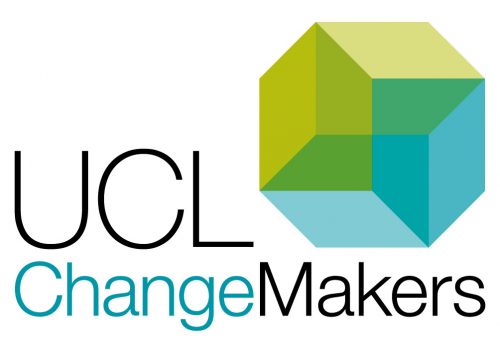The team
Staff lead: Dr Martina Wicklein
Student leads: Yuvraj Jadeja, Kaja Posnik, Qu Ukai
Department
Neuroscience, Pharmacology and Physiology
What happened?
Our focus was on the 1st year module: Foundations of Neurobiology. Our goal is to improve the assessment experience for all students and increase the inclusivity of the exam process, aiming at researching how assessments benefit the learning process and establishing effective communication between lecturers and students. We formed a focus group of 12 students to discuss students’ viewpoints collected via surveys of a cohort of 100 students (60% response rate) after taking assessments on Moodle and AssessmentUCL, feedbacking the results to a team of academics and professional services support staff; to determine the optimal assessment platform meeting our criteria by developing a mutual understanding between staff and students on the challenges of assessment delivery. The data we gathered will be implemented to inform future improvements of in-course assessments. We will showcase results and examples of how we achieved our aim.
What advice or encouragement would you give to someone thinking of doing a ChangeMakers project?
Get insight from as many people as possible. This way, you’ll get an understanding for how useful/impactful your project is for your community. We took survey data from the first year neuroscience cohort, and collaborated with the first year neuroscience leader (Dr Martina Wicklein) and other UCL faculty members.
